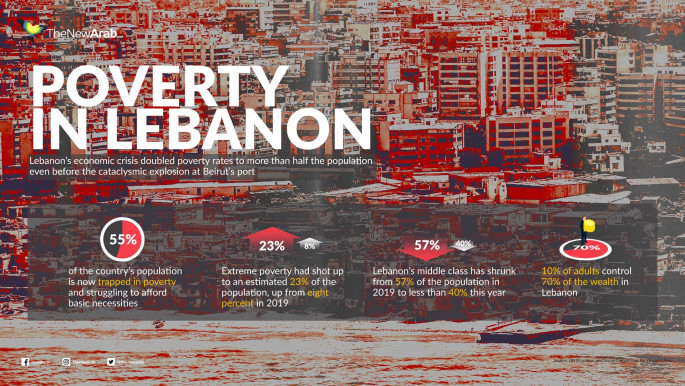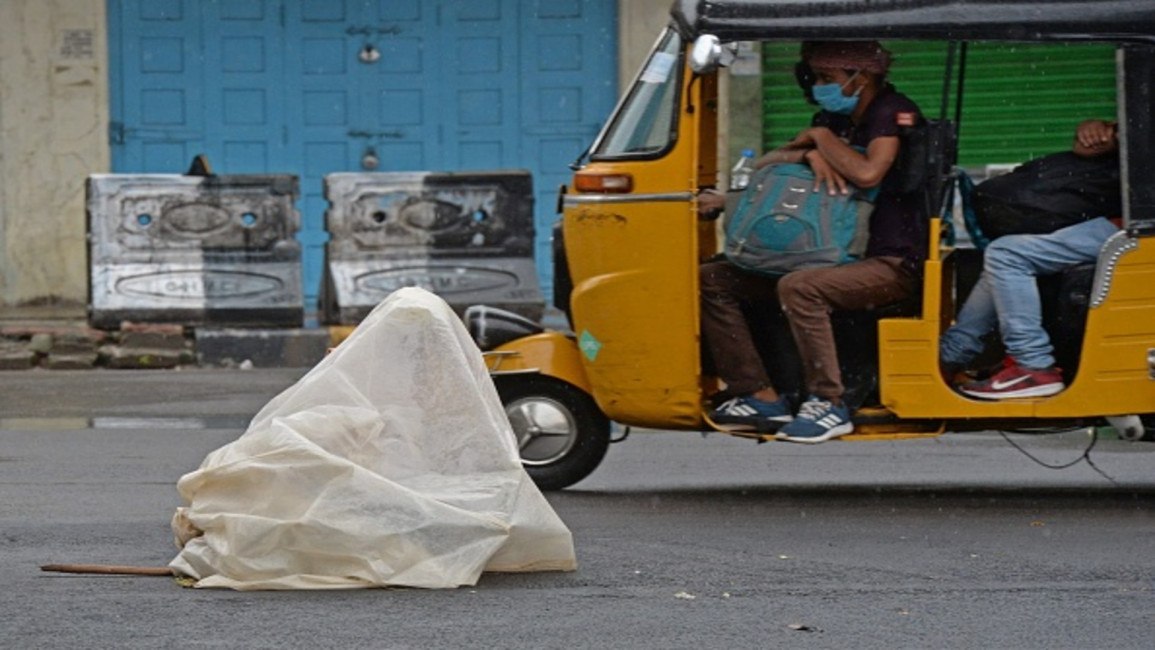Amid financial meltdown, Lebanese turn to tuk-tuks to eke out a living
In the Bekaa governorate, where the present financial turmoil compounded on high levels of poverty, dozens of colourful tuk-tuks roam around hilly neighbourhoods and along the uneven alleyways where taxis seldom agree to reach.
Residents interviewed by MTV said the worsening economic situation in the country left them little choice but to downsize. "I have four children, how can they live, how else can I feed them?" one said.
A former teacher said he bought a tuk-tuk after his employment was discontinued and now makes a living delivering food. "I rent a house, I have children and I need to work. Or else, how do I pay for rent and my children's education?" he said.
The price for one tuk-tuk usually does not exceed a thousand dollars. Compared to cars, these three-wheeled vehicles offer a fuel-efficient mode of transportation.
Read also: Germany to propose Beirut port reconstruction 'with strings attached': report
Lebanon is witnessing a financial meltdown of unprecedented scale that is causing the prices of basic goods to skyrocket.
The Lebanese lira has lost 90% of its value since October 2019, when anti-government protests erupted, and more than half of the population has been pushed into poverty.
The depletion of foreign reserves in a country that imports more than 80% of its basic goods has raised concerns that Lebanon's central bank will not be able to finance subsidies of some basic commodities, including fuel, in the coming weeks.
Lebanon’s Public Works and Transport Ministry "temporarily" hiked all public transportation fares by 30% earlier this month, piling further economic pressure on the country’s most vulnerable.
Senior politicians have so far been able to form a new government that can implement the reforms needed to obtain international funds and extract the nation from the crisis.

Follow us on Facebook, Twitter and Instagram to stay connected



